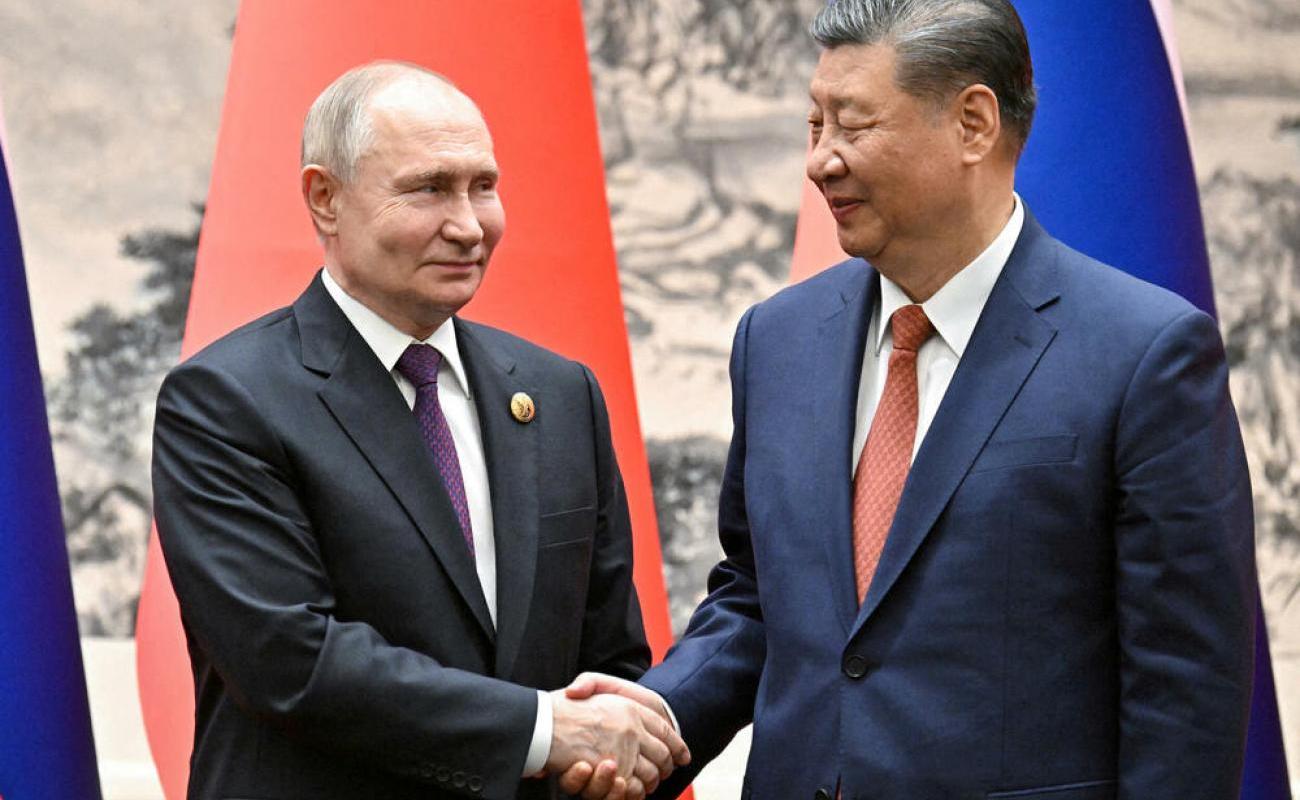Paul McCarthy, director for Europe at IRI, said in an interview with Voice of America that it is partly about perceptions, and partly there is truth in the fact that the West is not engaged enough in the Western Balkans, citing as an example that the US has left the leading role to the EU - which hardly harmonizes the positions of 27 members.
"I think the EU has had problems unifying its message in the context of access to the Western Balkans and most importantly – joining the EU. I think the EU speaks too often with too many voices, and China and Russia have taken advantage of that," says McCarthy.
The IRI survey conducted in February and March showed that in all countries except Serbia, more than half of those questioned in the referendum would immediately vote for EU accession.
However, although the majority of respondents from BiH, North Macedonia and Montenegro declared that they wanted a foreign policy of their countries directed towards the EU and the West, a significant percentage stated that they wanted an equal relationship with Russia and the West or a pro-Russian foreign policy. In Serbia, only 10% of respondents were primarily in favor of pro-Western policy, while more than half were in favor of an equal relationship or a foreign policy directed towards Russia.
Russian invasion of Ukraine
One of the points in the IRI report is that the growing ties between the Chinese and Russian presidents are best illustrated by China's support for Russia's invasion of Ukraine, as well as increased economic and military ties between the two countries.
So far, China has not been identified as providing Russia with direct military aid, but US officials say Moscow receives chips, machine tools and other technology from Beijing that it uses to manufacture weapons and military equipment.
Due to Western sanctions, Russia's trade with China is much higher than before the invasion of Ukraine, but while China was Russia's largest trading partner in 2023, Russia is only China's sixth largest. Experts say that this is one of the indicators that the relationship between the two countries is not equal.
In an interview for the Voice of America's Russian newsroom, Anne Appelbaum, a journalist and historian, said that China is not comfortable with a major destabilizing conflict.
"I think they have an interest in weakening Russia – a weaker Russia has to sell them oil and gas at lower prices. A weaker Russia is a more pliable ally, a weaker player on this stage, and maybe that's what they're hoping for," says Appelbaum. "It is already quite clear that Russia is a junior partner in this alliance, which we could not have imagined a few decades ago."
China is often offered as a mediator in peace talks between Russia and Ukraine. In 2023, it announced a 12-point peace plan, which was quickly rejected by Ukraine and the West because it did not involve Russian forces leaving the occupied territories.
During Putin's visit to Beijing, Xi said that China supports an international peace conference "to be recognized by Russia and Ukraine, at an appropriate time, with equal participation and a fair discussion of all options."

